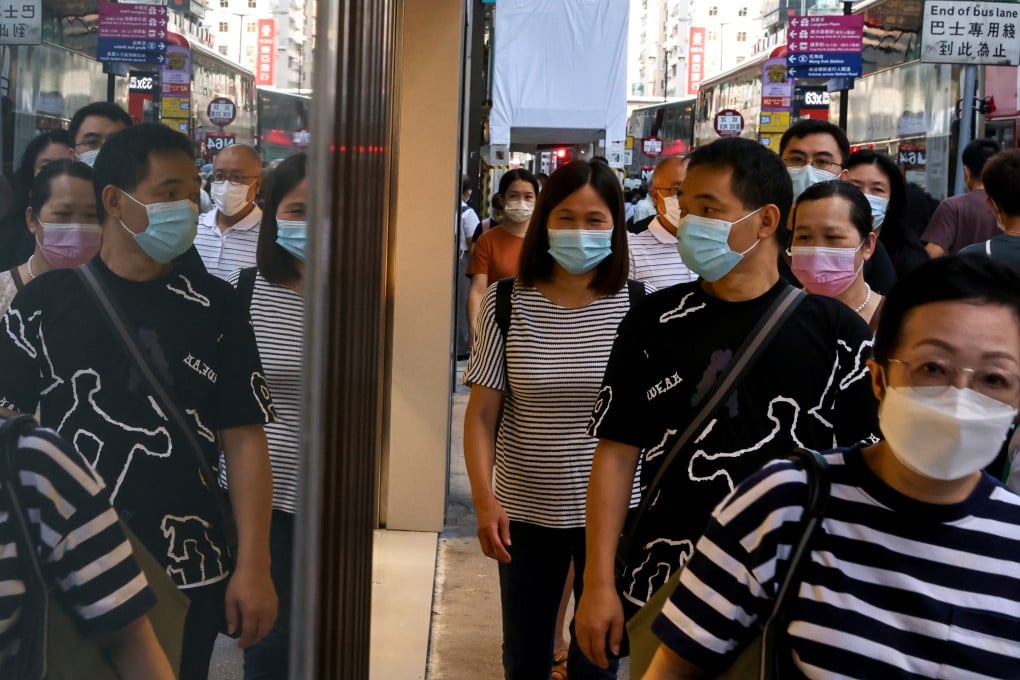Advertisement
Letters | Hong Kong’s next step in reopening must be to make wearing masks mostly discretionary
- Readers discuss the mask mandate, mask-wearing at National Day ceremonies in Hong Kong and Beijing, the new rules for inbound travellers, and extending kindness to others
Reading Time:4 minutes
Why you can trust SCMP
10

Feel strongly about these letters, or any other aspects of the news? Share your views by emailing us your Letter to the Editor at [email protected] or filling in this Google form. Submissions should not exceed 400 words, and must include your full name and address, plus a phone number for verification.
The recent easing of Hong Kong’s Covid-19 rules and regulations is welcome. Chief Executive John Lee Ka-chiu and the relevant bodies responsible have justifiably been lauded for their efforts.
While the existing rules continue to be tweaked, they remain a little convoluted. However, it might be timely to review one of the simplest of rules – the mandatory wearing of masks.
Advertisement
Let’s continue to make wearing masks mandatory, for example, in all hospitals and clinics, on all modes of public transport, by staff in food outlets and in care homes for our elderly. Outside these mandatory areas, let’s give Hongkongers a choice by making mask-wearing discretionary.
We have all been wearing masks for far too long. Easing the mask rule will be both well received and a huge relief to all.
Advertisement
Karl Hurst, Repulse Bay
Advertisement
Select Voice
Select Speed
1.00x